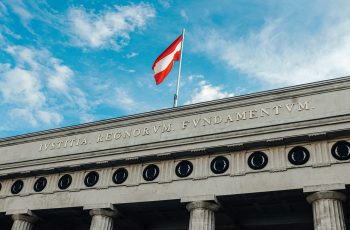
Whistleblowing has begun to be recognised almost as a sign of business integrity. It is the method by which those who excel in ethics and moral values find the courage to denounce a situation that harms the public good.
In Argentina, there is no legal definition or framework regarding employment law to protect whistleblowers. However, under the Corporate Criminal Liability Law there is criminal liability for private legal entities for crimes of corruption that have been carried out with their intervention or in their name or interests, or for their benefit, directly or indirectly. Section 24 establishes the need for compliance programmes where there are contracts with the public sector. These compliance programmes may include a whistleblower protection policy against retaliation and channels for reporting irregularities. Although these reporting channels (internal or external) are not mandatory, they are essential for the compliance programme to be effective.
According to the Corporate Criminal Liability Law, the minimum content of a compliance programme is:
It also provides that Intrusion Prevention Systems (IPS) may include:
periodic analysis of risks and adaptation of the compliance programme as a result;
The lack of specific legislation and protection for whistleblowers may discourage those who have information on illicit activities to report them. However, there seems to be a tendency to implement corporate whistleblowing programmes in Argentina because there is a clear awareness of the advantages for the organisation in relation to responsibility for acts of corruption. When deciding punishment, for the breach of internal rules, judges must take into consideration the absence of surveillance over the activity of the perpetrators and participants, and self-reporting to the authorities as a consequence of an internal investigation.
A proposal before Congress since 2019 would introduce personal protection measures related to the employment relationship in the public and private sectors. These would include:
Specific agencies may also regulate protection of whistleblowers in their sectors.
In Argentina, cases of corruption can be reported to the central anti-corruption office (Oficina Anticorrupción) and it is the regulation governing the anti-corruption office that allows for whistle-blower anonymity and confidentiality if desired.
Cultural attitudes to whistleblowing: Austria

Cultural attitudes to whistleblowing: Germany
